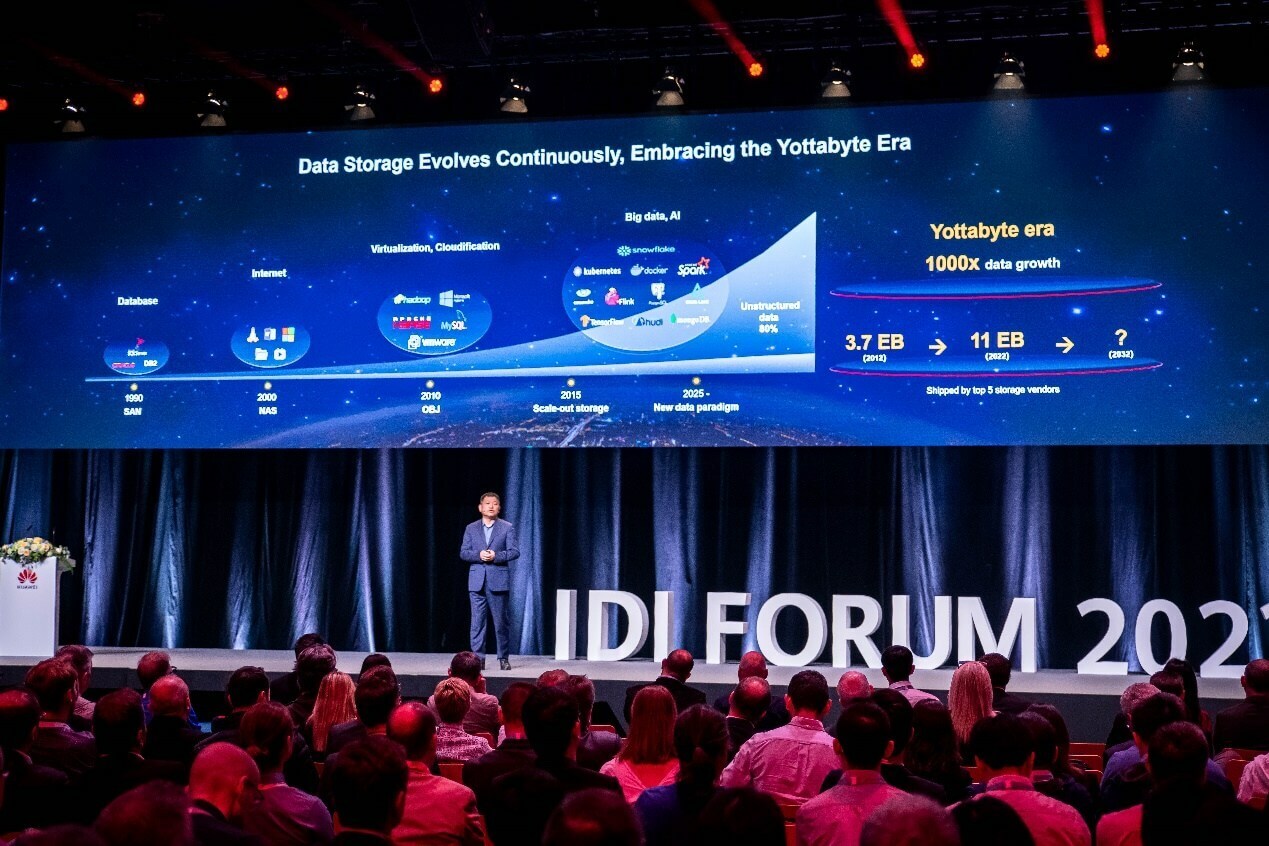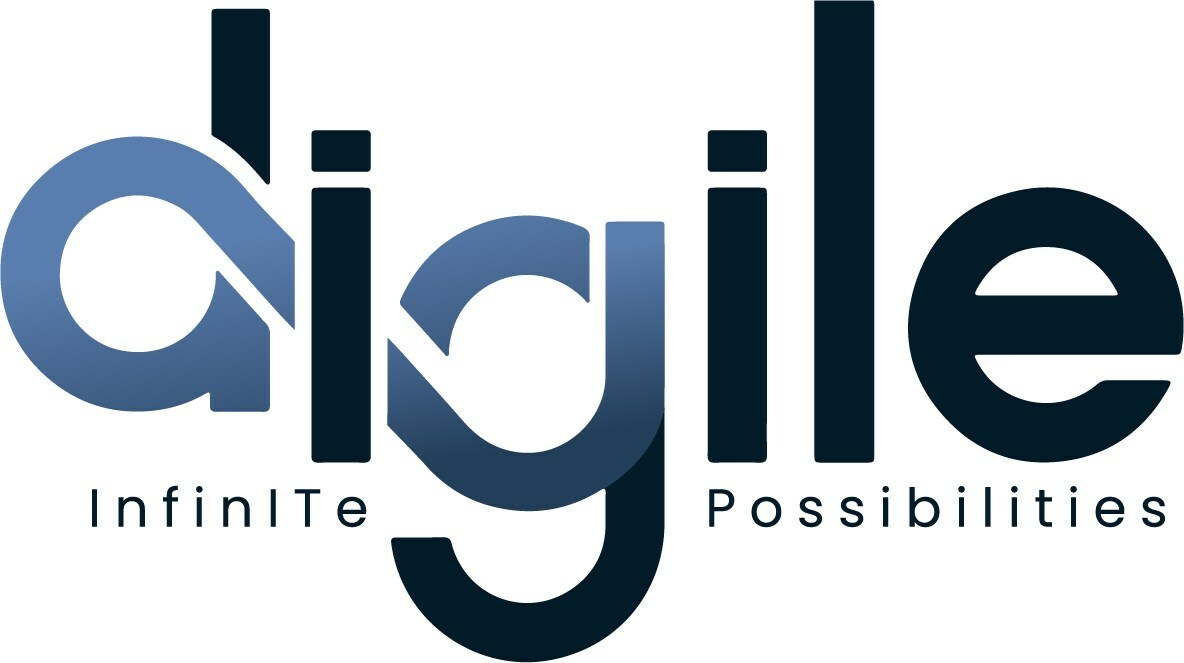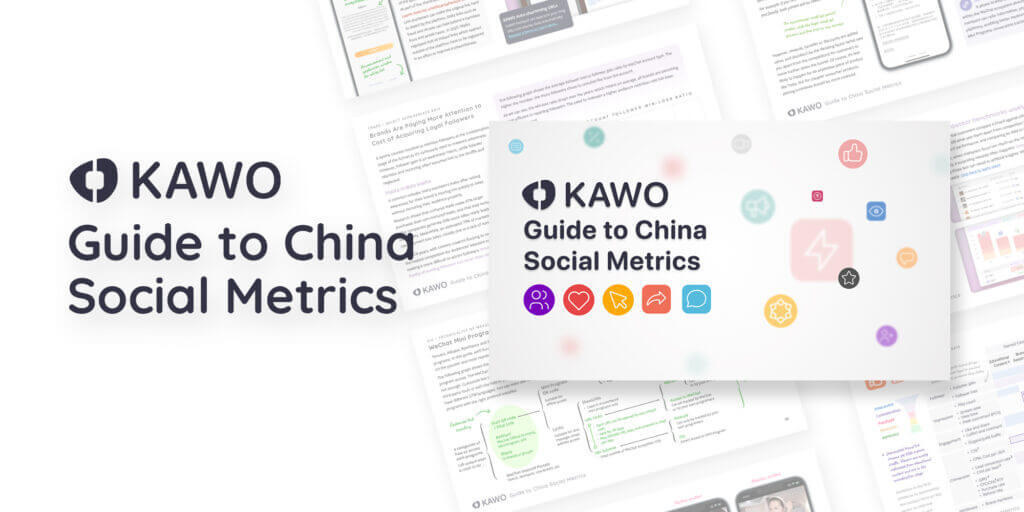- You are here:
-
Home

-
Asian e-Marketing

-
November 2010

- Pay-Per-Click Campaigns: The Right Investment or Not?
-

Fastest web-based editor released for a new era of storytelling across streaming, broadcast, digital and social media
Dalet, a leading technology and service provider for media-rich organizations, announced the release of Dalet Cut, the cloud-native, real-time, lightning-fast multimedia and multiplatform editor fully integrated within the Dalet ecosystem.
-

Outlook of generative AI for the enterprise market is exciting but lacks a clear corporate strategy
The democratization and acceleration of generative Artificial Intelligence (AI) originated in the business-to-consumer (B2C) market with the release of popular applications like ChatGPT and Stable Diffusion. But the B2C market will barely scratch the surface of generative AI’s potential economic value.
-

SenseTime Launches "SenseNova" Foundation Model Sets and AI Computing Systems, Advancing AGI Development
SenseTime hosted a Tech Day event, sharing their strategic plan for advancing AGI (Artificial General Intelligence) development through the combination of "foundation models + large-scale computing" systems. The leading AI software company is focused on creating a better AI-empowered future through innovation and committed to advancing the state of the art in AI research, developing scalable and affordable AI software platforms that benefit businesses, people and society as a whole.
-

How AI will change the way we work in Asia Pacific
Microsoft introduced Microsoft 365 Copilot earlier this year, which will bring powerful new generative AI capabilities to apps millions of people use every day like Microsoft Word, Excel, PowerPoint, Outlook, Microsoft Teams and more.
-

Pirate streaming and torrent sites provide real cybersecurity harms for Philippine consumers
Asia Video Industry Association (AVIA), with Dr Paul Watters of Cyberstronomy, have released a new report, Consumer Risks from Piracy in the Philippines, that once again highlights the possible dangers Filipino consumers face when accessing pirate sites.
-

Yahoo DSP advertisers now have access to low carbon PMPs
Yahoo and purpose-led ad platform Good-Loop announced a global partnership offering carbon neutral private marketplace (PMP) media opportunities to advertisers to help them become more sustainable.
-

EdTech Intel: 6 Ways AI is Revolutionizing Online Learning
After years of steadily picking up steam, online learning is experiencing undeniable explosive growth. The market is racing toward $1 trillion, with the corporate e-learning space expected to skyrocket 250% in the coming years. As e-learning continues to expand beyond the walls of academia, another game-changing phenomenon is going mainstream in a big way: artificial intelligence (AI).
-

Annual report reveals continued surge in sophisticated bot attacks
HUMAN Security, Inc., a cybersecurity company that protects organizations by disrupting digital fraud and abuse, just announced the release of its 2023 Enterprise Bot Fraud Benchmark Report. The annual report provides insights into automated attack trends across enterprise use cases, including account takeover, brute forcing, carding, credential stuffing, inventory hoarding, scalping and web scraping.
-

Plans for further integration of IBM watsonx with AWS
IBM announced plans to expand its relationship with Amazon Web Services to help more mutual clients operationalize and derive value from generative artificial intelligence.
-

Cisco unveils new solution to rapidly detect advanced cyber threats and automate response
Cisco unveiled the latest progress towards its vision of the Cisco Security Cloud, a unified, AI-driven, cross-domain security platform. Cisco's new XDR solution and the release of advanced features for Duo MFA will help organizations better protect the integrity of their entire IT ecosystem.
-

New Apps, New Data, and New Resilience: Huawei Proposes Ways of Evolving Storage in the Yottabyte Era
The Innovative Data Infrastructure Forum (IDI Forum) 2023, revolving around the theme of "New Apps ∙ New Data ∙ New Resilience," took place on May 23 in Munich, Germany. The Forum brings together global industry experts and partners to explore the future of digital infrastructure towards the yottabyte era (a yottabyte is equal to a quadrillion gigabytes).
-

Meltwater delivers the future of media, social and consumer intelligence through OpenAI models and advanced algorithms
Meltwater empowers companies with a suite of solutions that spans media, social, consumer and sales intelligence by analyzing ~1 billion pieces of content each day and transforming them into vital insights. Now, the company announces new AI-powered product innovations across multiple solutions that allow customers to surface insights, boost efficiency, and generate content.
-

IBM report: half of breached organizations unwilling to increase security spend despite soaring breach costs
IBM released its annual Cost of a Data Breach Report, showing the global average cost of a data breach reached $4.45 million in 2023 – an all-time high for the report and a 15% increase over the last 3 years. Detection and escalation costs jumped 42% over this same time frame, representing the highest portion of breach costs, and indicating a shift towards more complex breach investigations.
-

Strategic merger of three digital technology firms in Asia
Three prominent digital services companies in Asia – Digile Technologies, Reveron Consulting, and Innopia Global – have merged to create a digital services powerhouse with a formidable presence in the Asian region.






















 Pay-per-click (PPC) sounds like a great option, but what does it really cost and is it worth the effort and money?
Pay-per-click (PPC) sounds like a great option, but what does it really cost and is it worth the effort and money? 



































